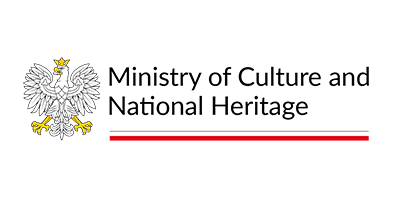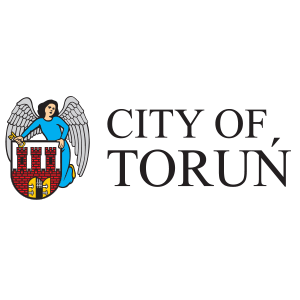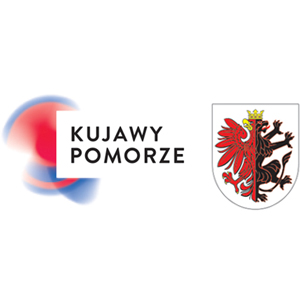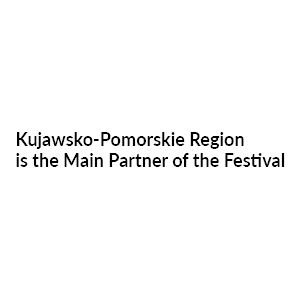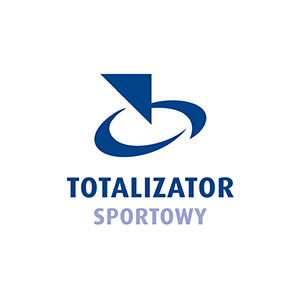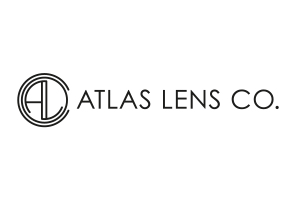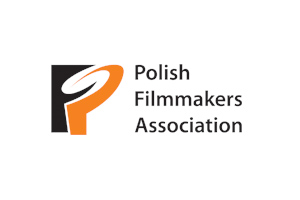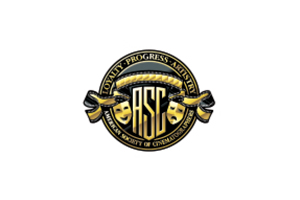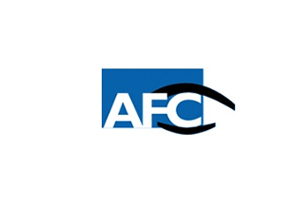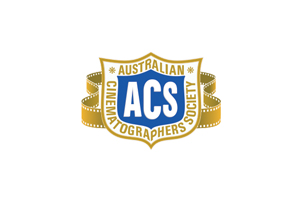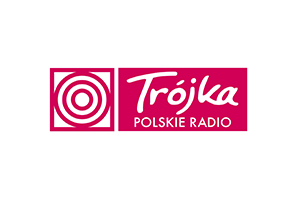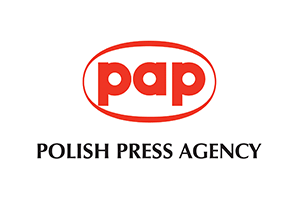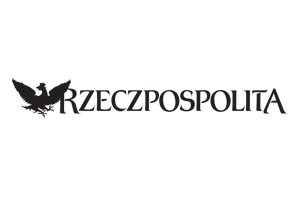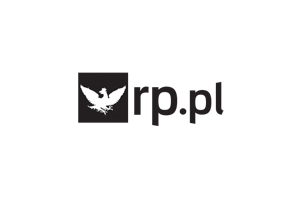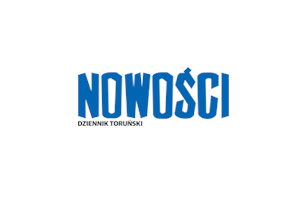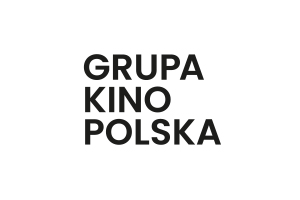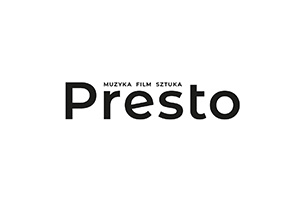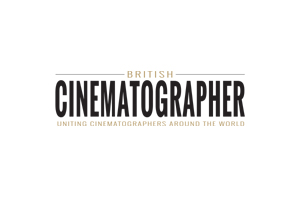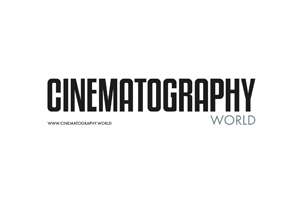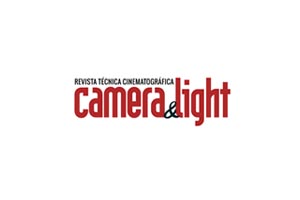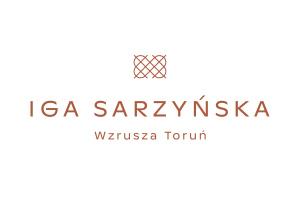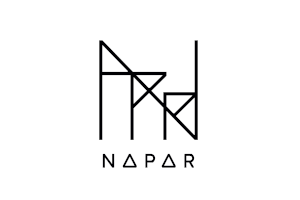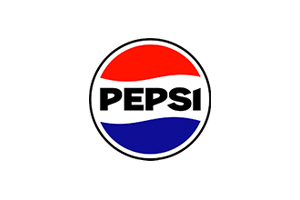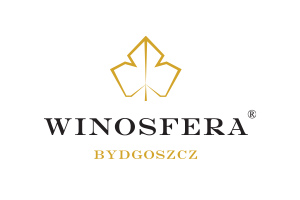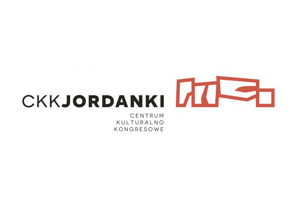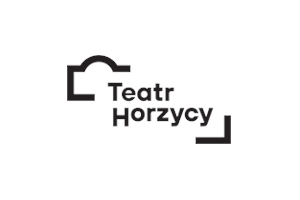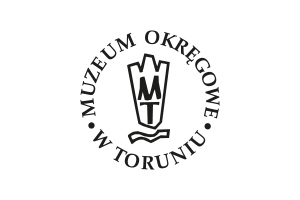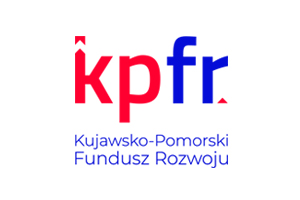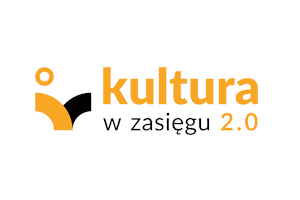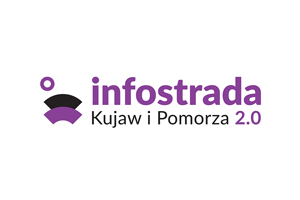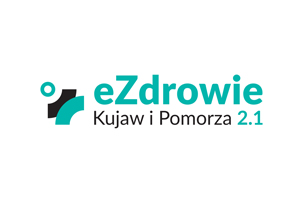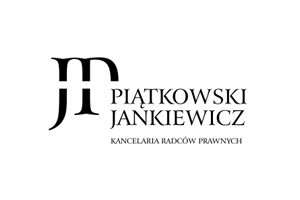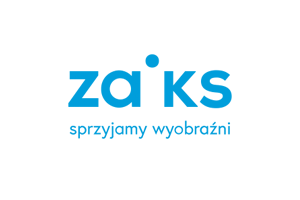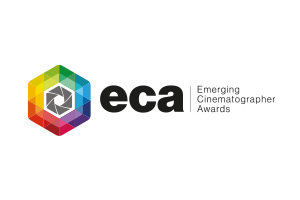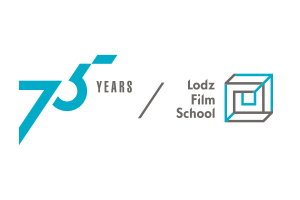Polish Films Competition
We announce the line-up of the Polish Films Competition of the 26th edition of the International Film Festival of the Art of Cinematography EnergaCAMERIMAGE. In this competition the award goes to both the cinematographer and the director of the winning film.
53 Wars 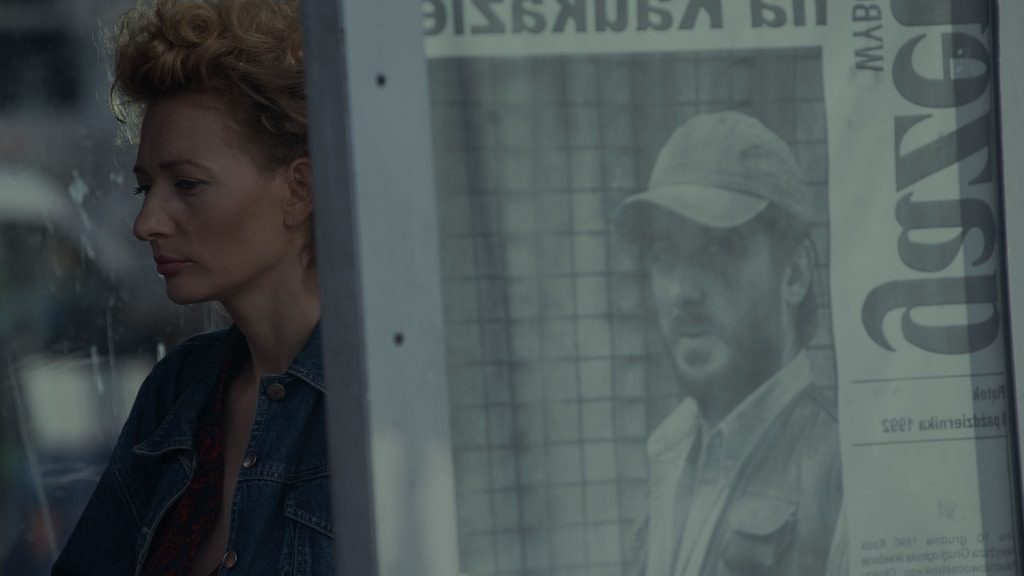
Ania and Witek are a loving, married couple. Aside from their love for each other, they share a passion for journalistic writing. With time, the nature of Witek’s profession casts a shadow on the idyllic nature of their marriage. Witek is a war correspondent who, it seems, is addicted to the adrenaline rush when reporting from areas affected by modern-day world conflicts. Witek departs for the battlefront, leaving Ania and their two little sons behind. For Ania, the continued anticipation of Witek’s return and the constant fear of his meeting his death on the front appear to have serious consequences. 53 Wars is based on the lives of real people – war correspondent Wojciech Jagielski and his wife Grażyna Jagielska. The latter’s autobiographical book Love Made of Stone about being married to a war correspondent was the basis for the film and describes a dramatic and yet touching face of love and devotion.
Polish title: 53 wojny
Director: Ewa Bukowska
Cinematographer: Tomasz Naumiuk
Produced by: Studio Munka
Polish distributor: NEXT FILM SP. z o.o.
Country and year: Poland, 2018
Back Home 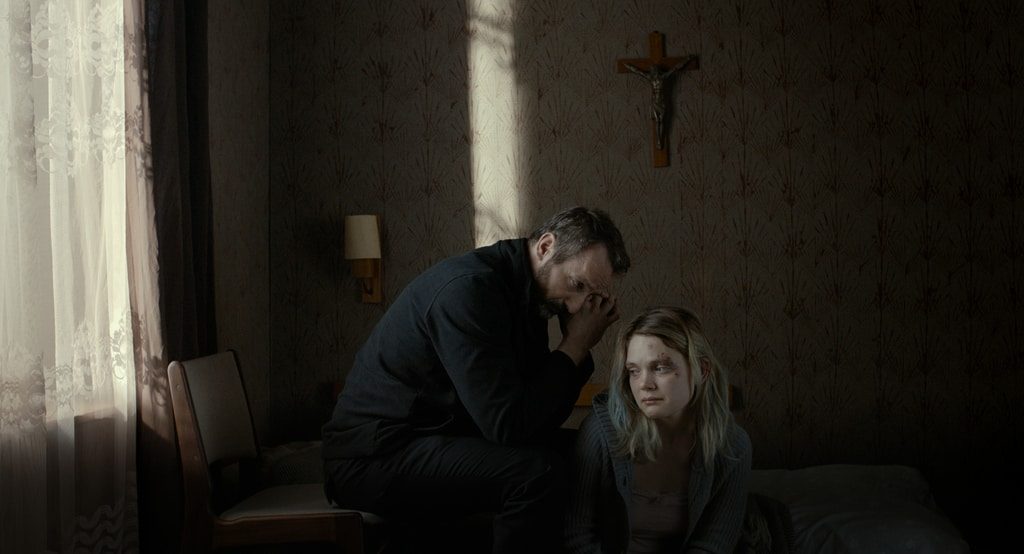
Nineteen-year-old Urszula returns to her hometown after two years of absence. The return is not easy – the teenager has been working in a German brothel (although against her will), which is met with ostracism from conservative members of society. Even her closest family is ashamed of her. However, despite being treated like an outcast, the girl does not agree to play the role of victim. She rebels against the hypocrisy of people around her who want to be seen as devout followers of Christian values, but contradict them with their actions. “It does not mean that Back Home is anti-catholic or anti-religious. It is easy to show faith degraded to just rituals, and mock its cheap and gaudy character. It was important for us to escape such simple solutions,” said the director of the film in an interview. The story told in Back Home is based on real events. To make it look more credible on screen, the role of Urszula was given to an actress who is talented but unknown to wide audiences – Sandra Drzymalska, freshly graduated from drama school.
Polish title: Powrót
Director: Magdalena Łazarkiewicz
Cinematographer: Wojciech Todorow
Produced by: Argomedia Sp. z o.o.
Polish distributor: Alter Ego Pictures Sp. z o.o.
Country and year: Poland, 2018
Breaking the Limits
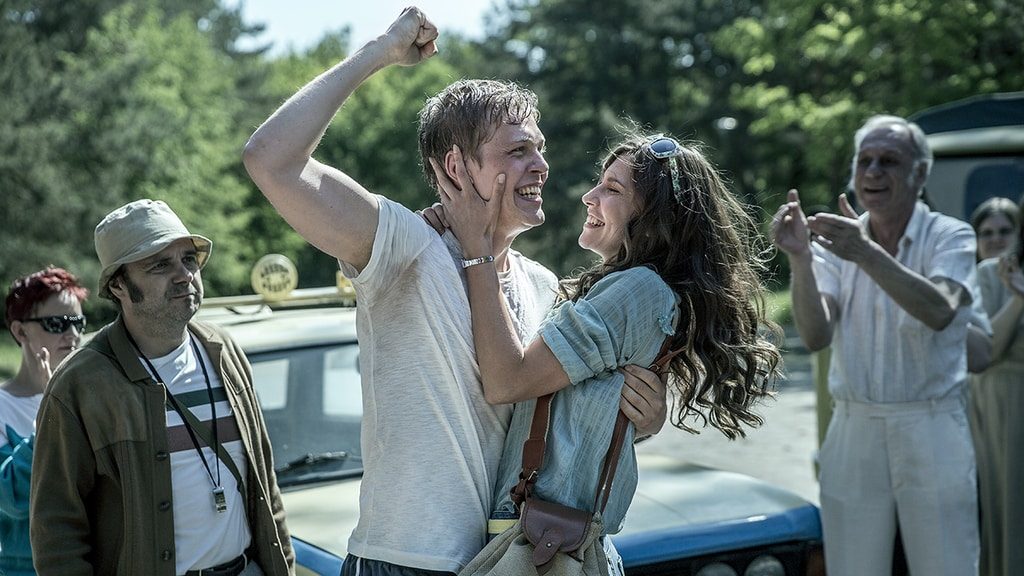 photo by Robert Pałka
photo by Robert Pałka
The story is set in Legnica, an average-sized town near Wrocław, during the final years of Communism in Poland. A young man uses drugs to escape his dull, daily life. Drug trips, brawls and rehabs in hospitals are his reality. It seems that he is a lost cause. Breaking the Limits illustrates a key moment in the biography of Jerzy Górski – a Polish champion of high-performance sports, a man who had to fight his own demons to later compete in the double triathlon world championship (Double Ironman) in the USA (1990). This is a film about his journey to the top from the very bottom – through sport, friendship and love. Talented actor Jerzy Gajos also plays an authentic character: the late Marek Kotański, who had helped dozens of young Polish people break free from drugs.
Polish title: Najlepszy
Director: Łukasz Palkowski
Cinematographer: Piotr Sobociński Jr.
Produced by: Iron Films Sp. z o.o.
Polish distributor: Mówi Serwis
Country and year: Poland, 2017
Butler, The ![]() photo by Filmicon / Rafał Pijański
photo by Filmicon / Rafał Pijański
The action takes place in 1900–1945 in Kashubia – a cultural region by the Baltic Sea, incorporated into Polish Pomerania in 1919. Before then, Kashubia belonged to Prussia; however, Kashubian people had always felt closer to Poland and Polish culture and tradition. Clashes between Polish, Kashubian and German interests frequently had a negative impact on the course of military conflicts in the area, which at that time were breaking out due to the influence of important historic events, and they engaged people who would normally coexist in peace, despite cultural and national identity differences. It is a great history – especially the two World Wars – that sets the background for The Butler, an epic family saga and a love story about a Kashubian landlord and a Prussian aristocrat. One of the main sequences in Filip Bajon’s painting-like work is the scene of the mass murder in Piaśnica, where thousands of Polish people (among them Kashubs) were murdered by the SS, with help from Pomerania’s German minority.
Polish title: Kamerdyner
Director: Filip Bajon
Cinematographer: Łukasz Gutt
Produced by: Filmicon Dom Filmowy S.C.
Polish distributor: NEXT FILM Sp. z o.o.
Country and year: Poland, 2018
Cat with a Dog, A 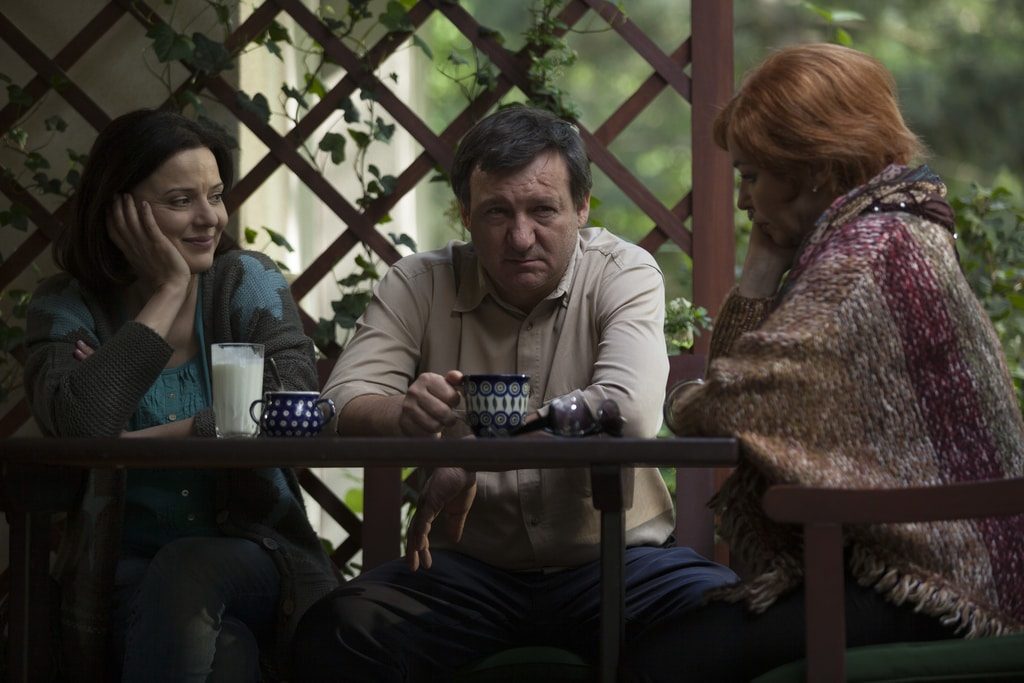
The film is set in Poland some years ago. Janusz, a film director, discovers that his older brother Andrzej, also a film director, has suffered a stroke, become partially paralysed and is going to spend the rest of his life in bed and bound to a wheelchair, with the risk that the disease could attack his brain as well. The brothers have not been getting on well for a long time. “We were like cat and dog,” admits Janusz, but he brings Andrzej to stay at his house and takes care of him with the help of his wife, Beata. Andrzej’s wife, Iga, joins them too. Despite the gloomy topic, Janusz Kondratiuk’s film does not lack humour and is at the same time a story of struggling with a serious, progressive illness of a close relative and a record of rebuilding the frayed bond between two brothers. Janusz Kondratiuk, director of the cult Polish film Dziewczyny do wzięcia, uses cinematic language to tell the story of his own relationship with his brother, Andrzej Kondratiuk, the creator of beautiful, poetic films such as Gwiezdny pył (Stardust) and Wrzeciono czasu (The Spindle of Time). The character of Iga was portrayed by actress and singer Iga Cembrzyńska.
Polish title: Jak pies z kotem
Director: Janusz Kondratiuk
Cinematographer: Witold Płóciennik
Produced by: Akson Studio Sp. z o.o.
Polish distributor: Akson Studio Sp. z o.o.
Country and year: Poland, 2018
Ether 
The story takes place at the beginning of the twentieth century. Poland is under occupation by foreign empires. Somewhere, in the territory annexed by Russia, a doctor uses ether to narcotise a young woman and satiate his desires without resistance. She never wakes up. In consequence, the doctor is sentenced to death. At the last moment, the death sentence is substituted by exile, and the doctor is sent to a military fortress in the Austrian partition, led by a certain commander. Here, besides his regular medical practice, he continues his experiments with ether, aimed to manipulate people and control their free will, emotions and minds. Unexpectedly, the doctor finds himself at the centre of an espionage plot. This might all seem to be the main, visible layer of Ether, but there is also another, secret layer which allows us to see the film as a reinterpretation of the myth of Faust. As Krzysztof Zanussi says: “Unlike in Goethe’s Faust, it is not love and disappointment with science that is at stake. In Ether, the doctor believes that science is a tool which can be used to fulfil the most wicked of human desires – full physical and spiritual control over another person.”
Polish title: Eter
Director: Krzysztof Zanussi
Cinematographer: Piotr Niemyjski
Produced by: Studio Filmowe TOR
Polish distributor: NEXT FILM Sp. z o.o.
Country and year : Hungary, Poland, Ukraine, Lithuania, Italy, 2018
Fugue 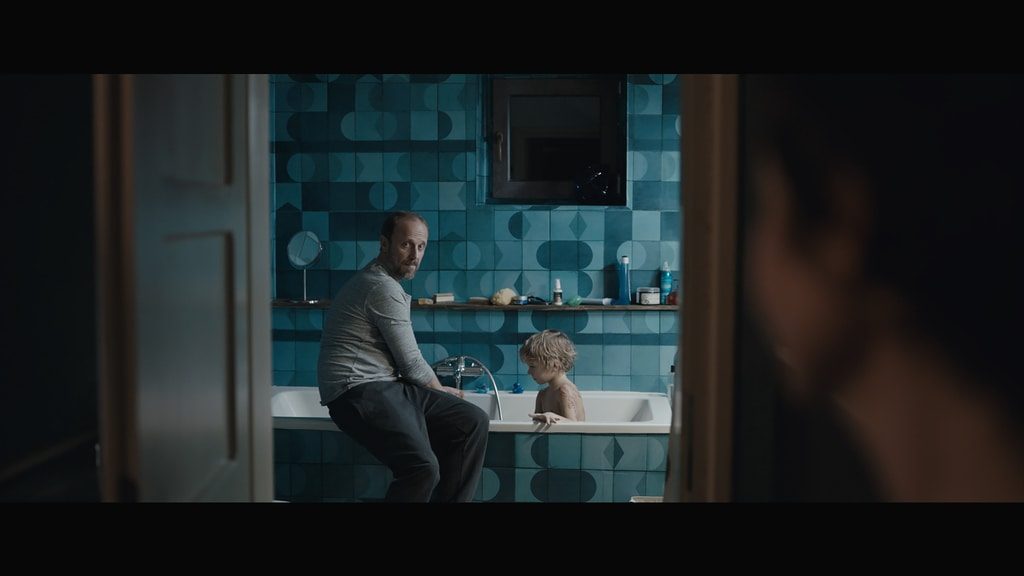
“Fugue” here does not refer to music, but to dissociative fugue – a condition, when after prolonged exposure to intense stress, a person’s mind becomes a fugitive, able to deprive one of their memories or even create a new personality, diametrically different from the one they originally had. Dissociative fugue can last from a few hours to a few years. People affected by this condition are usually well-functioning members of society, while their identities may be completely altered. Alicja used to be called Kinga. She does not remember herself from that time and does not know who she is now. Two years after her disappearance, her family finds her through a TV programme, but Alicja doesn’t recognise them. With time, from the fragments of her memories, a picture arises of a mystery – events from the past. Agnieszka Smoczyńska’s Fugue is not a scientific work, but a narrative inspired by a real story, based on Gabriela Muskała’s (leading role) script.
Polish title: Fuga
Director: Agnieszka Smoczyńska
Cinematographer: Jakub Kijowski
Produced by: MD4 Sp. z o.o.
Polish distributor: KINO ŚWIAT Sp. z o.o.
Country and year: Sweden, Poland, Czech Republic
Nina
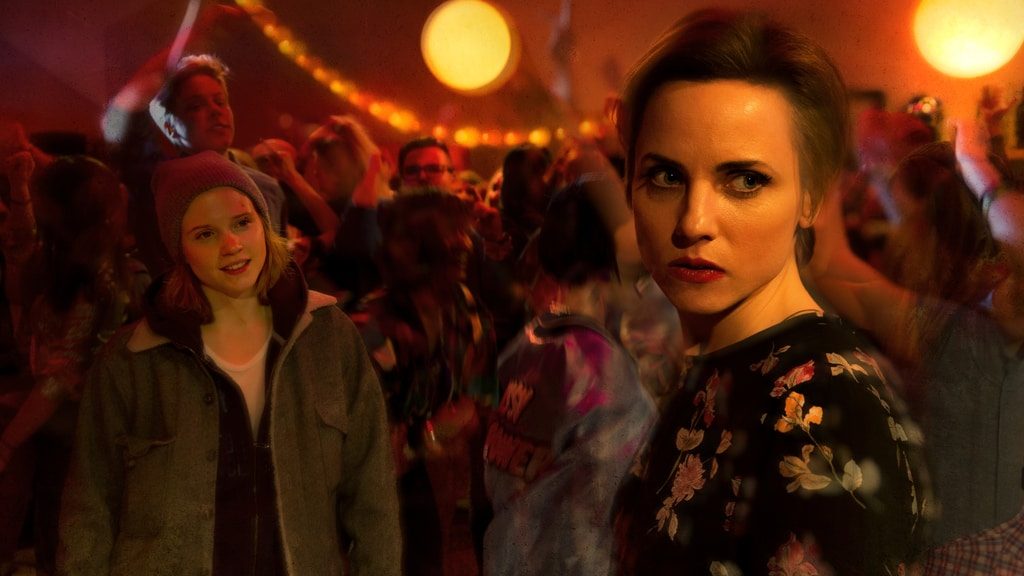 photo by Robert Pałka
photo by Robert Pałka
Nina is a French teacher in her thirties. She encourages her students to contemplate daring literary masterpieces, which causes conservative members of society to react with cold reluctance. Nina is happily married to Wojtek, a car mechanic, but they can’t have children. They start looking for a surrogate. A series of coincidences and discussions between the spouses results in finding a candidate – Magda, an airport security worker, about ten years younger than Nina. Step by step, breaking one psychological barrier at a time, Magda and Nina develop feelings for each other. Nina, the older partner, finds new depths of emotionality and sexuality in herself which she was not previously aware of. Their passionate romance eventually becomes turbulent, and on top of that, there is also Wojtek’s involvement in the relationship. Nina, an intimate psychological drama with a sensual erotic layer, is predominantly a film about deep love – as Olga Chajdas, the director, often emphasises. The characters were portrayed by talented actors: Julia Kijowska (Nina), Eliza Rycembel (Magda) and Andrzej Konopka (Wojtek).
Director: Olga Chajdas
Cinematographer: Tomasz Naumiuk
Produced by: Film it Sp. z o.o.
Polish distributor: Film it Sp. z o.o.
Country and year: Poland, 2018
Pardon 
The story is set in Poland, shortly after the end of the Second World War. Through the actions of the secret police (the Office for Security), the Communist authorities brutally crack down on soldiers of the Polish Home Army, who have the support of the majority of society. In the autumn of 1946, Wacław Szewczyk, alias Odrowąż, falls prey to the regime. The perpetrators don’t stop at taking his life, going as far as to defile his corpse. Hanna and Jakub Szewczyk set out on a long journey with a coffin containing his remains in order to give their son a proper burial in a remote, peaceful place. The road, fraught with danger, takes them through a country in which much of what the couple faces on their way contradicts the formulaic way of thinking of that era. This authentic story about the unbelievable escapades in Pardon was told from the point of view of Hanna and Jakub Szewczyk’s grandson, the director of the film, Jan Jakub Kolski. The deceased Wacław Odrowąż Szewczyk was his uncle. Pardon is a kind of road movie; however, the viewer may notice certain poetic elements from the Western genre.
Polish title: Ułaskawienie
Director: Jan Jakub Kolski
Cinematographer: Julian A. Ch. Kernbach
Produced by: Wytwórnia Doświadczalna sp z o.o
Country and year: Slovakia, Poland, Czech Republic


